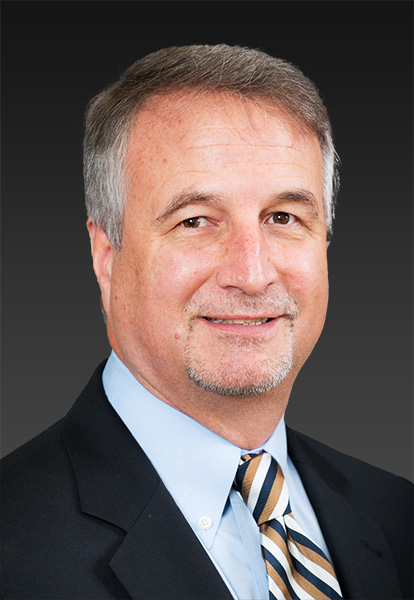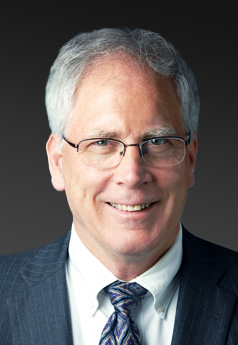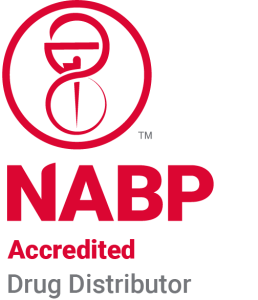The IPC & USave 340B Webinar & Roundtable Discussion covered various aspects of the 340B Drug Discount Program, which was created by Congress in 1992 to support healthcare providers serving low-income and uninsured patients. Mark Kinney highlighted the program’s significant growth, with 340B-discounted sales reaching $54.6 billion in 2022. The discussion included updates on legislative efforts, such as the bipartisan Senate 340B Reform Legislation and state laws addressing manufacturer mandates and pharmacy contracts. Paul Karch addressed legal challenges, noting court rulings that have limited HHS’s regulatory authority over manufacturer restrictions, while states like Arkansas and Louisiana have enacted laws to protect covered entities. Kate Helf discussed the impacts of manufacturer restrictions on contract pharmacy arrangements, data submission requirements, and drug exclusions, as well as the benefits of virtual inventory systems in managing 340B drug compliance and efficiency.
For further information, contact:
Mark Kinney: [email protected], 608-628-7311
Paul Karch: [email protected], 608-733-6096
Kate Helf: [email protected]
Presented by:

Mark Kinney
Senior Vice President of Government Relations
Independent Pharmacy Cooperative
A seasoned senior health care executive, bringing 25 years of state and federal legislative expertise to his role, Mark is a registered lobbyist in Washington D.C. and formerly registered in Colorado, Wyoming, and Wisconsin. He has contributed significantly to vital issues such as DIR reform, Medicare and Medicaid reimbursement, Tele-Pharm, DSCSA requirements, 503A and 503B drug compounding. His impactful leadership has extended to roles on the National Community Pharmacist Association’s (NCPA) Steering Committee and is currently serving on the Board of Directors for the Federation of Pharmacy Networks (FPN).

Paul Karch
EVP & General Counsel
Independent Pharmacy Cooperative
Paul Karch serves as the General Counsel for the Independent Pharmacy Cooperative (IPC), bringing a wealth of knowledge with 40 years of experience in legal advisement. His expertise spans across a broad spectrum of legal issues and transactions, honed through a distinguished career in both private law practice and in-house roles. With 15 years dedicated to IPC, and 5 years as the in-house general counsel, Paul’s leadership and legal acumen continue to be invaluable assets to the organization.

Kate Helf
Sales & Operations Director
USave Pharmacy Group
Paul Karch serves as the General Counsel for the Independent Pharmacy Cooperative (IPC), bringing a wealth of knowledge with 40 years of experience in legal advisement. His expertise spans across a broad spectrum of legal issues and transactions, honed through a distinguished career in both private law practice and in-house roles. With 15 years dedicated to IPC, and 5 years as the in-house general counsel, Paul’s leadership and legal acumen continue to be invaluable assets to the organization.
Transcript
Mark Kinney 0:08
OK. I think we’re ready to start. Welcome to the 340B program, a pharmacy overview. My name is Mark Kinney. I’m the executive vice president of government relations for Independent Pharmacy Cooperative. Also joining me today is Paul Karch, executive vice president at Independent Pharmacy and general counsel, and Kate Helf, sales director for You Save Pharmacy Group.
Today, we want to talk a little bit about the 340B program and see if it’s the right business solution for you. The program was created in 1992 as part of the Veterans Health Act, enabling local healthcare providers, known as covered entities, to stretch precious federal resources. This has allowed them to expand healthcare services in their local communities. The program is run by the Health Resources and Services Administration (HRSA), part of HHS. In 2010, the ACA expanded the program further, allowing covered entities to contract with more than one pharmacy. This expansion has significantly increased the program’s use. In 2022, 340B-discounted sales reached $54.6 billion, with retail sales approximating $126 billion.
This growth has drawn attention from Congress, including a group of senators known as the “Gang of Six,” who are considering reforms. Manufacturers have also placed restrictions on covered entities, including limiting the number of contract pharmacies and making some drugs unavailable under the 340B program. This has prompted states like Arkansas and Louisiana to pass laws preventing manufacturers from interfering with covered entities’ business relationships. Currently, 20 states have passed or are in the process of passing similar laws.
Paul Karch 5:20
Thanks, Mark. When there’s a lot of money at stake and a vague statute, it gives rise to litigation. After the program expanded post-2010, some manufacturers wanted to revert to a one-to-one pharmacy model. Initially, HHS guidance allowed multiple pharmacies per covered entity, leading to court cases. The D.C. Circuit and the Third Circuit ruled that 340B does not authorize HHS to enforce such regulations, due to the lack of specific regulatory authority in the statute. The courts concluded that statutory silence implies manufacturers can impose distribution conditions by contract.
With federal agencies lacking authority to regulate manufacturers, states have stepped in. Arkansas passed a law preventing manufacturers from limiting the number of pharmacies, which was challenged but upheld by the 8th Circuit. This state-level regulation is becoming more common as states pass laws to protect covered entities’ business relationships.
Mark Kinney 8:13
Great. Thanks, Paul, for that overview. Kate, can you address what this means at the community pharmacy level and for pharmacy members?
Kate Helf 8:27
Thanks, Mark. There are various ways we can approach this conversation. One major impact is manufacturer restrictions. Many manufacturers have limited the number of contract pharmacies that can dispense 340B drugs for covered entities. This limitation affects critical access hospitals (CAHs) and federally qualified health centers (FQHCs) differently.
Manufacturers now require covered entities to submit claims data to verify 340B eligibility, adding administrative burdens. Contract pharmacies must ensure they are designated as the primary pharmacy and that claims data is submitted correctly. If you notice fewer qualifying claims, it could be due to these administrative requirements not being met.
When evaluating contracts, consider the model (adjudication vs. replenishment), dispensing fee structure, and whether the contract covers brand only or both brand and generic drugs. Each aspect impacts the contract pharmacy’s financial and operational dynamics.
Mark Kinney 14:29
That’s great information, Kate. Thanks for sharing. I want to thank Kate and Paul for participating in today’s discussion. We encourage our members to contact You Save Pharmacies and Independent Pharmacy Cooperative with any questions. We’ll also be available at IdeaShare in New Orleans in a couple of weeks. Please stop by our booth to talk with us and determine if 340B is the right business solution for you. Thanks, everyone, for listening.
Paul Karch 15:13
Thanks.
Kate Helf 15:13
Thanks so much.







